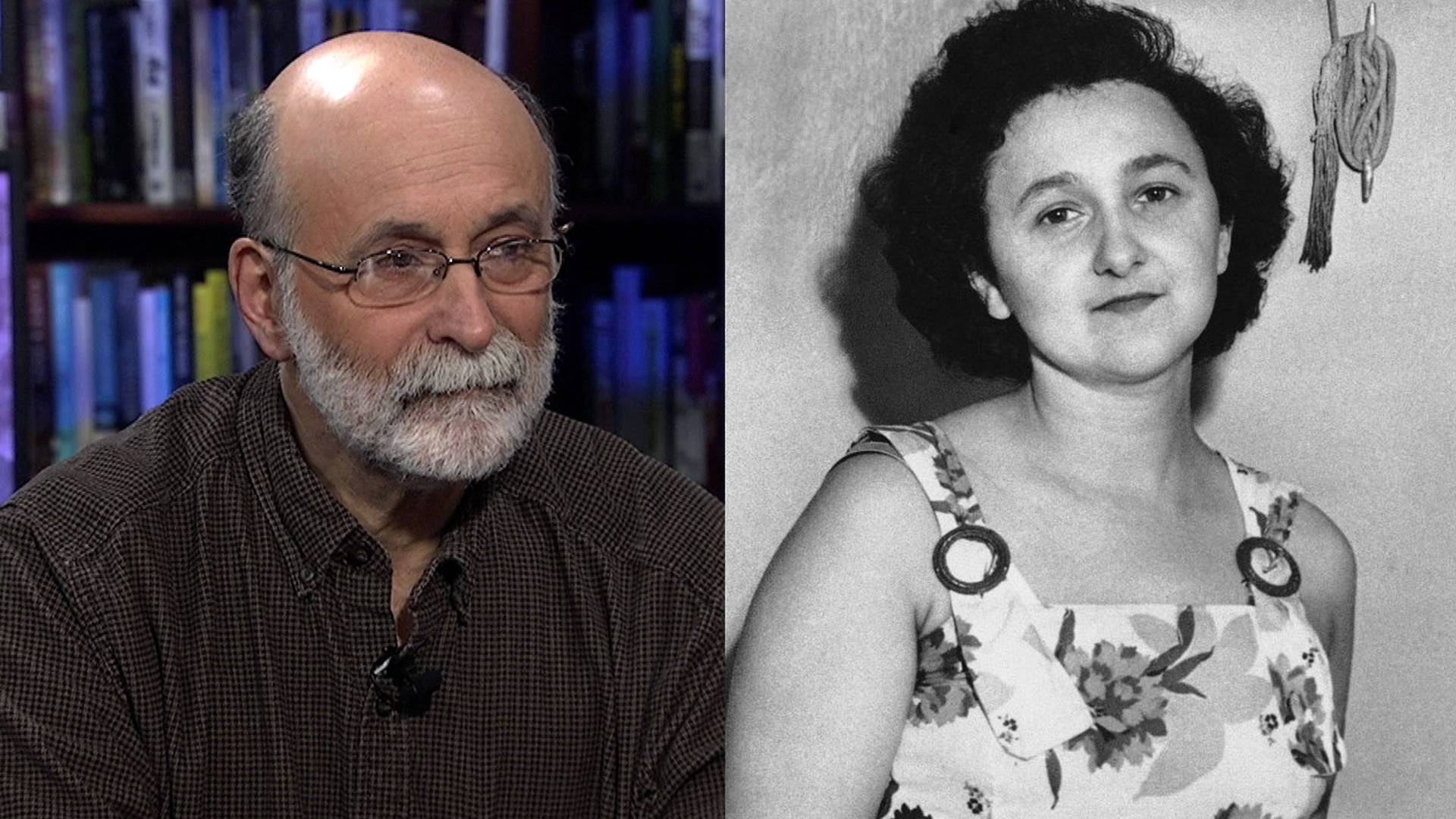As all of you know, I have been extremely eager to find
something, anything, to do to counter the threat posed by Trump. When some former members of Bernie’s campaign
started OurRevolution, I gave a thousand dollars, and called the DC office to
find out what I could do to help. No
response, no one at the DC phone, nothing.
I was very depressed. But
OurRevolution kept sending me appeals for money, which I just deleted from my
InBox.
Finally, yesterday, in exasperation, I responded with a
brief message. I wrote, “You keep asking
for money. When are you going to DO
something?” I received this reply:
“Professor Wolff,
I know it doesn't look like it, but we actually are working hard on several projects I am personally excited about. First, we're researching and building a tool to allow folks to get involved in leadership in Dem and Working Families Party positions at their local level - you can check out our progress so far at transformtheparty.com. We've got teams of volunteers and staffers working hard on this. Right now the search tool only works for California addresses but we're almost ready to launch the whole shebang. Second, we're working on a sanctuary cities project that we plan to use to pressure additional cities to become havens for those who need protection - and third, we're getting ready to roll out local organizing plans for all 50 states. This is going to be a big deal and has taken lots of time to try to get right - but we expect it to be out within the next few weeks at most.
I certainly understand - and share - your frustrations, but as far as I can tell, and I am looking and bugging hard - we are almost there!
In solidarity,
--
David
Our Revolution Help Desk Volunteer Lead”
I know it doesn't look like it, but we actually are working hard on several projects I am personally excited about. First, we're researching and building a tool to allow folks to get involved in leadership in Dem and Working Families Party positions at their local level - you can check out our progress so far at transformtheparty.com. We've got teams of volunteers and staffers working hard on this. Right now the search tool only works for California addresses but we're almost ready to launch the whole shebang. Second, we're working on a sanctuary cities project that we plan to use to pressure additional cities to become havens for those who need protection - and third, we're getting ready to roll out local organizing plans for all 50 states. This is going to be a big deal and has taken lots of time to try to get right - but we expect it to be out within the next few weeks at most.
I certainly understand - and share - your frustrations, but as far as I can tell, and I am looking and bugging hard - we are almost there!
In solidarity,
--
David
Our Revolution Help Desk Volunteer Lead”
This could be big, folks. Stay tuned.

